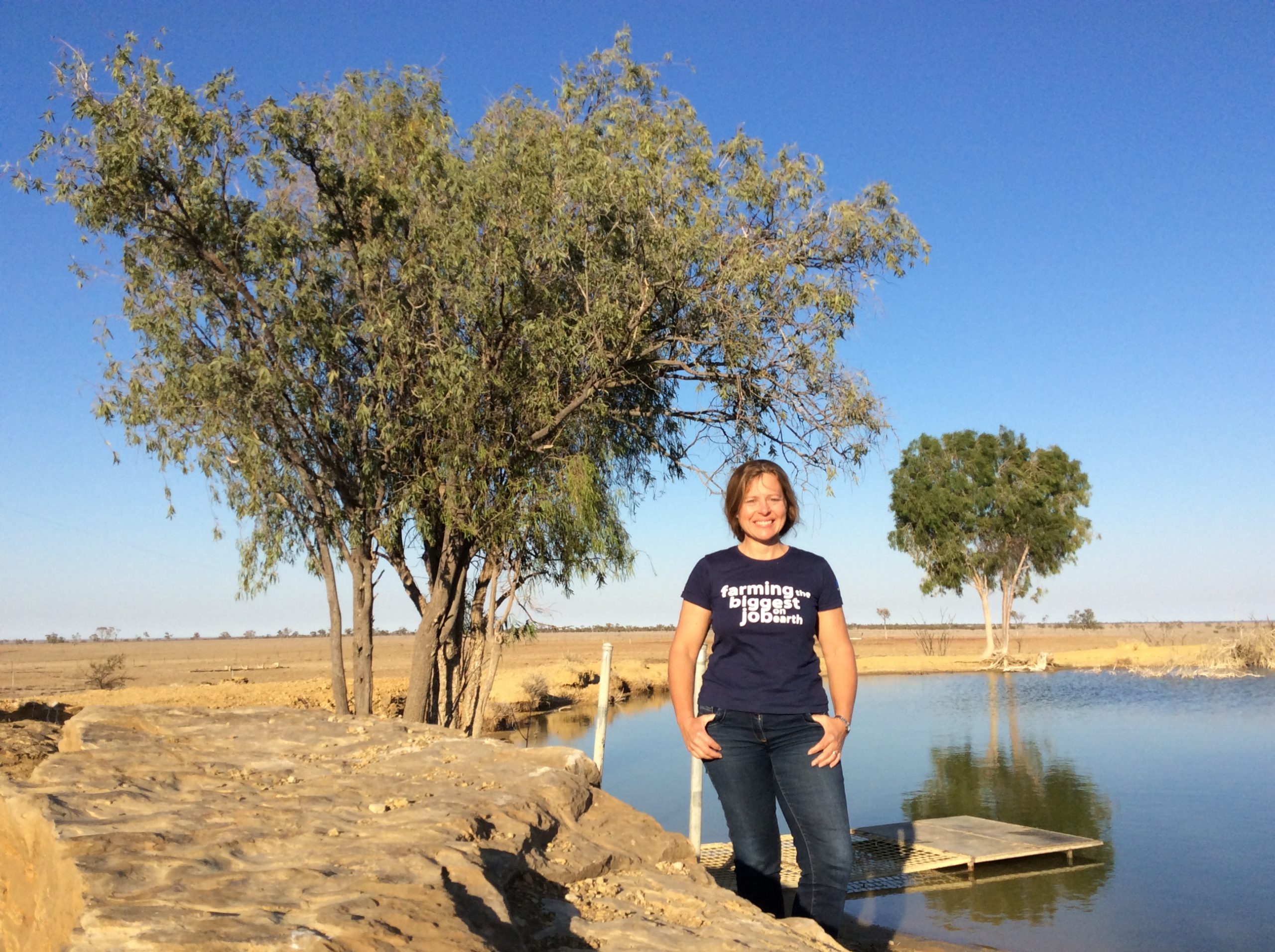My love of farming started on a beef, sheep, and arable farm in West Somerset. With no farming background, my embryonic interest, aged 15, was fuelled by a handful of attentive and knowledgeable farmers.
I was told, despite having small hands that earned me reputation for lambing even the trickiest delivery, I would never make a shepherd, because my legs were too short to climb over the hurdles!
Those people – John Smith, a warm, funny and demanding shepherd, Mervyn Clapp, a detail-focused dairy farmer and, some years later, Richard Fowler, a Vietnam War veteran farming sheep and beef near Esperance, Australia – gave me knowledge, a lot of autonomy and fed my passion for understanding farming. I wanted to know every small detail of it. These people spurred me on to study a BSc in Agriculture at Seale Hayne College; times and learnings that I still cherish immensely and draw on constantly with the business I have now.
This week one of my team said something that encapsulates what makes a good mentor, “the young mind is always curious and it’s our responsibility, as mentors and teachers, to keep that curiosity alive. When a mentor is full of passion for what they do, the student is curious to find out what all the fuss is about, and this creates a drive in them to discover that feeling for themselves.”
I’ve been privileged to be involved with young people getting started in farming and rural roles. Lantra, Ringlink and SRUC – three of my board positions – and our own Rural Youth Project, have allowed me a deeper insight into the development of apprentices, graduates, and the mentors themselves. The determined efforts of these organisations and those willing to hire and mentor ‘greenhorns’ – those with little or no experience – are a crucial part of the sector’s future.
Earlier this year a Lantra survey of 550 farmers explored what deters more apprenticeships in farming. A total of 72% said that they would consider an apprentice, but how to find someone concerned them, with 90% saying this help and support was also vital.
Ringlink Scotland has experienced this sentiment too. They have been running a Pre-Apprenticeship programme over recent years, with around 40 youngsters completing the latest round. One of the big challenges is finding placements with mentoring farmers. A lot of support is provided, and I’d urge anyone interested to get in touch with Gail Robertson to talk through what the scheme entails and the value it has brought others.
We need not only to look within the farming community for our new talent but – just as importantly – to look outward too.
A friend, Rory Christie, farms dairy cows and pigs with his brother in south-west Scotland. His dairy manager, Rebecca, is a former naval officer, with no farming experience. Her work ethic and drive to do a great job, until the job is done, have made her a glowing example of what’s possible with the right boss, who has the right mindset.
Skills Development Scotland highlights the challenge that many farmers and growers already know only too well – agriculture needs more good people. With half of Scotland’s agricultural workers aged 50 plus, the sector will need a staggering 21,000 extra people to fill anticipated roles between 2025-2032.
If those encouraging farmers in my teens hadn’t seen something in me, supported me and patiently fed my curiosity, who knows what I would have been doing now. How many others might be out there who could also make farming their lives and their future with similar experiences?
